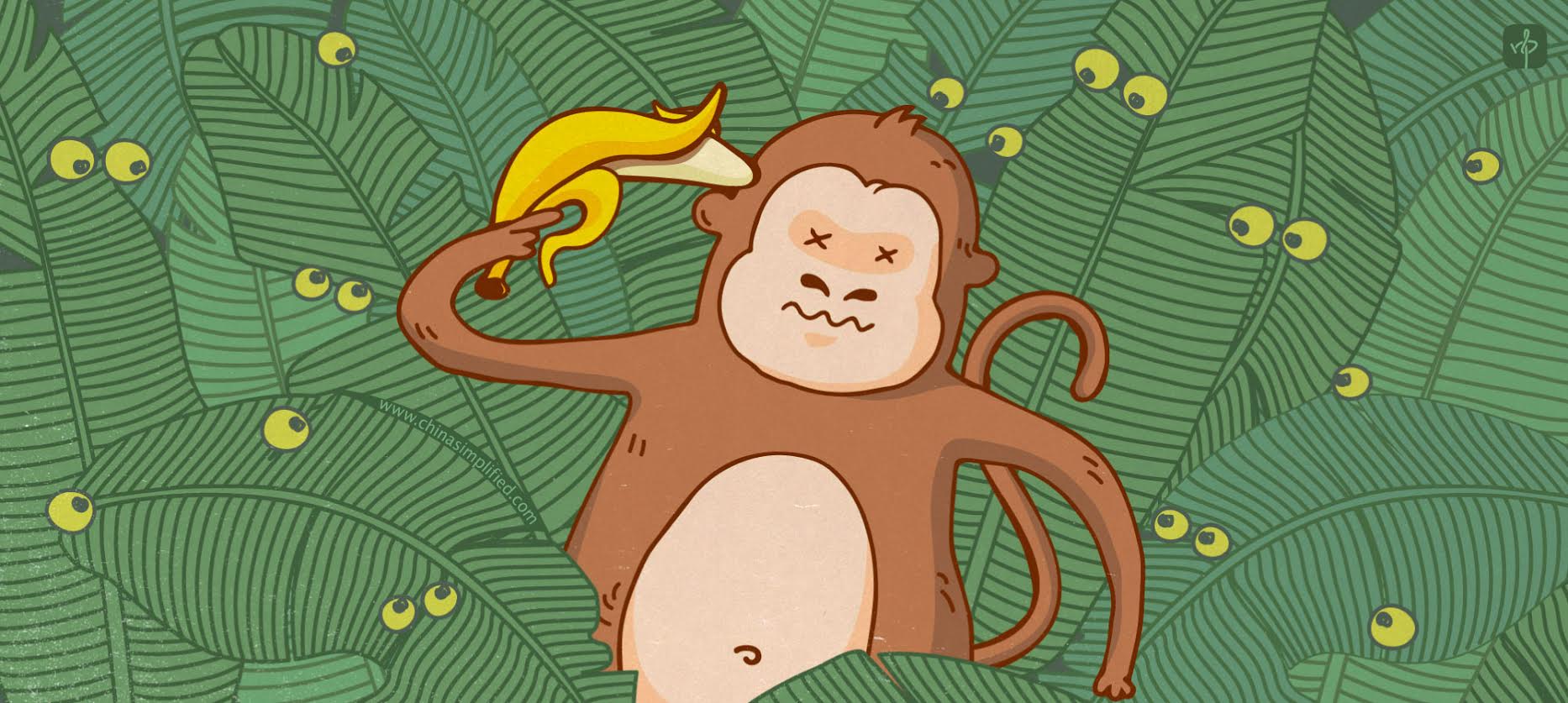Modern Chinese have developed the habit of using the character 死 sǐ (die) to spice up their colloquial expressions. Let’s take a closer look to see what we can learn from these colorful language extremes. Often these “dying” expressions are used to express negative feelings with lighthearted charm…
饿死了è sǐ le – extremely hungry
渴死了 kě sǐ le – extremely thirsty
吓死我了 xià sǐ wǒ le – frightened me to death
疼死了 téng sǐ le – to really hurt
热死了 rè sǐ le – unbearably hot
冷死了 lěng sǐ le – unbearably cold
累死了 lèi sǐ le – dying from overwork
堵死了 dǔ sǐ le – blocked road; plugged hole
烦死了 fán sǐ le – annoyed to death
困死了 kùn sǐ le – incredibly sleepy
气死我了 qì sǐ wǒ le – infuriating me
无聊死了 wúliáo sǐle – bored to death
They can also be flipped around to express how much you enjoy something…
好吃死了 hǎochī sǐ le – so delicious! (for food)
好喝死了 hǎohē sǐ le – so tasty! (for drinks)
好玩死了 hǎowán sǐ le – so much fun!
喜欢死了 xǐhuān sǐ le – enjoy it to death!
可爱死了 kě’ài sǐ le – too cute!
美死了 měi sǐ le – so beautiful!
爱死了 ài sǐ le – love it to death!
Example:
我还在路上呢!高架堵死了!
Wǒ hái zài lùshàng ne! Gāojià dǔ sǐ le!
I’m still on the road! Traffic on the highway is horrible!
Speaker beware, older or more traditional Chinese may gasp at the mention of death, even in this casual context. Here are a few alternatives:
烦得要命 fán dé yàomìng – terribly annoying
甜得要命 tián dé yàomìng – sickeningly sweet
慢得要命 màn dé yàomìng – awfully slow
爱得要命 ài dé yàomìng – love (it/you) to death
Another beware, to many these expressions have a girly overtone to them. Manly men may prefer to use more neutral sounding phrases such as…
复杂得不得了 fùzá dé bùdéliao – exceedingly complicated
好得不得了 hǎo dé bùdéliao – extremely good
爱得不得了 ài dé bùdéliao – desperately love (it/you)
Example:
这巧克力蛋糕好吃得不得了,你别和我抢哦!
Zhè qiǎokèlì dàngāo hǎochī dé bùdéliao, nǐ bié hé wǒ qiǎng o!
This chocolate cake tastes so good! Don’t fight me for it!
The Western equivalent would be dropping an F-bomb, as in: It’s effin great! It’s the shit! It’s the bomb!
“WTF?!” bursts from your mouth, coated with a tinge of contempt.
Isn’t Chinese supposed to be a culture of subtlety without extremes? Why this sudden contradiction?
Good question!
Let’s explore this further together and see what we come up with.
Perhaps (just perhaps) it is because Chinese in the 21st century prefer to…
Lighten up and take themselves less seriously, or
Play around with humorous expressions and clever puns, or
Express a point with more color and strength, or
<insert your own personal observation here.>
One thing is certain: Chinese have a long tradition of wordplay drawing from the vast resources of the world’s oldest living language.
Said another way about this kind of slang…
Presently this popular patois predilection parades pesky patterns of promulgation.









